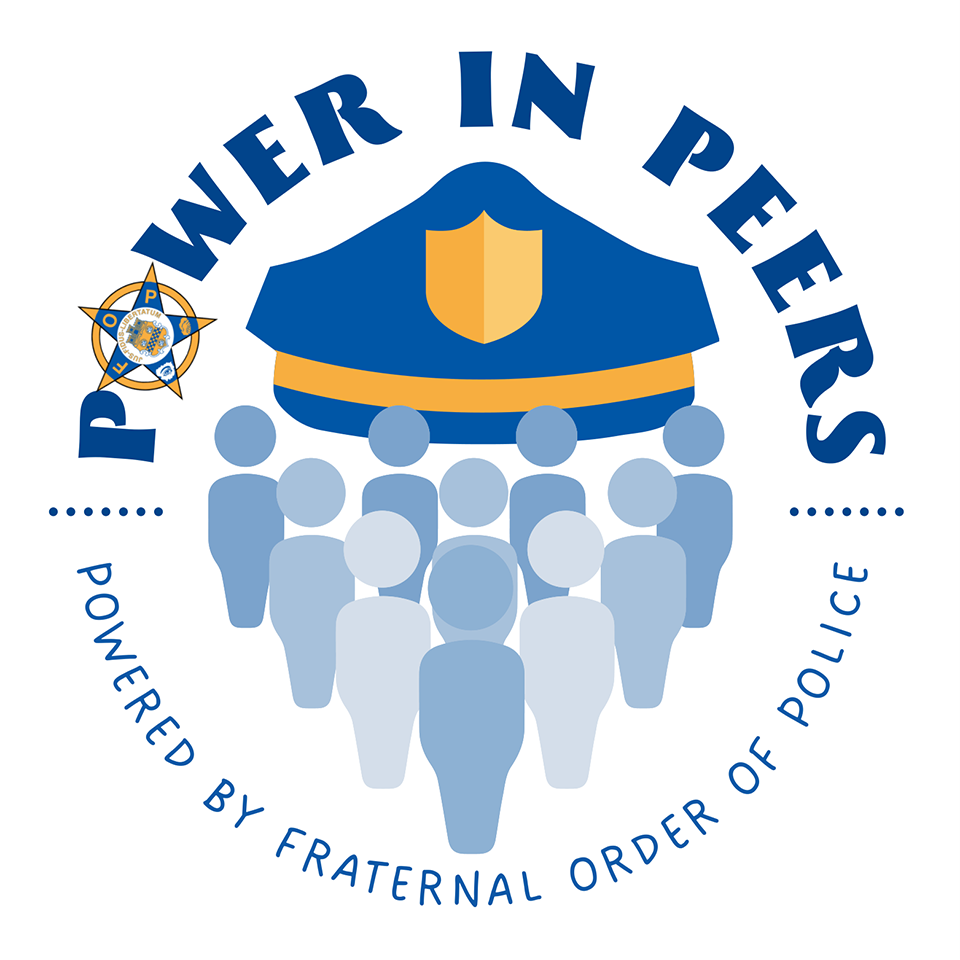
Power In Peers© is a standardized curriculum in peer support designed by law enforcement for law enforcement. The course provides a national certification and is considered to be a comprehensive course for both beginners and those with previous peer support experience.
Course Overview
This course will train active and retired members of law enforcement, as well as civilian support staff and mental health clinicians, to assist and support peer officers with managing stress related not only to their duties as law enforcement officers, but also with stress related to life outside the scope of the job. While trained peer support services are most likely to be sought out following a critical incident, course participants will be equipped to assist fellow officers with managing everyday stressors related to life as a law enforcement professional. Thus, this course contains post-critical incident skills development, but also focuses on active listening skills as well as concepts from the field of Positive Psychology which focus on the development of individual strengths of the supported officer. This course is intended to increase the skill level and number of trained peer supporters among members of the law enforcement profession. In addition, it will create a national standard for trained peer support in peer support, and provides the student with access to a nationwide network of trained mentors.
Target Audience
Active or retired sworn law enforcement officers, civilian staff employed by a law enforcement agency, police chaplains, mental health clinicians serving law enforcement populations.
Upcoming Power In Peers Training Sessions
| Date | Location | Type of Class |
|---|---|---|
| March 16-20, 2026 | Jacksonville Beach, FL | Basic |
| August 10-14, 2026 | St. Augustine, Florida | Basic |
Enroll in a Class Host a Class
This project was supported, in whole or in part, by grant numbers 2019MHWXK007, 2020MHWXK009, and 15-JCOPS-22-GK-04048-LEMH, awarded to the Fraternal Order of Police by the U.S. Department of Justice, Office of Community Oriented Policing Services. The opinions contained herein are those of the author(s) or contributor(s) and do not necessarily represent the official position or policies of the U.S. Department of Justice. References to specific individuals, agencies, companies, products, or services should not be considered an endorsement by the author(s), the contributor(s), or the U.S. Department of Justice. Rather, the references are illustrations to supplement discussion of the issues. The internet references cited in this publication were valid as of the date of publication. Given that URLs and websites are in constant flux, neither the author(s), the contributor(s), nor the COPS Office can vouch for their current validity. This resource was developed under a federal award and may be subject to copyright. The U.S. Department of Justice reserves a royalty-free, nonexclusive, and irrevocable license to reproduce, publish, or otherwise use and to authorize others to use this resource for Federal Government purposes. This resource may be freely distributed and used for noncommercial and educational purposes only.

